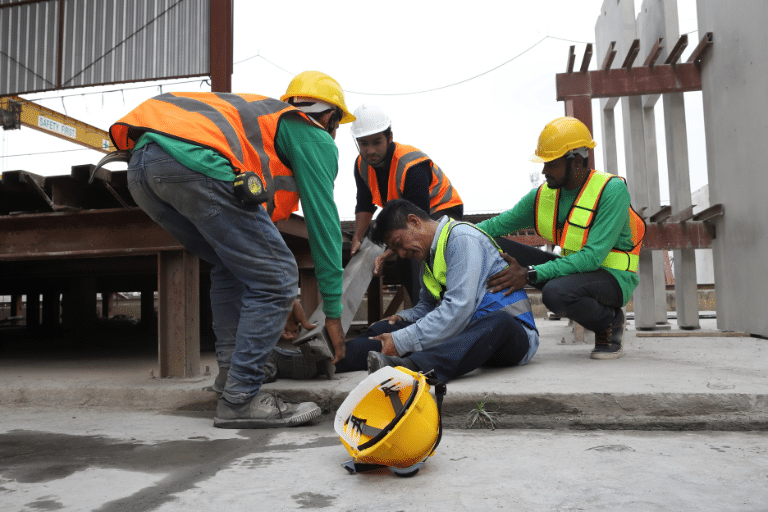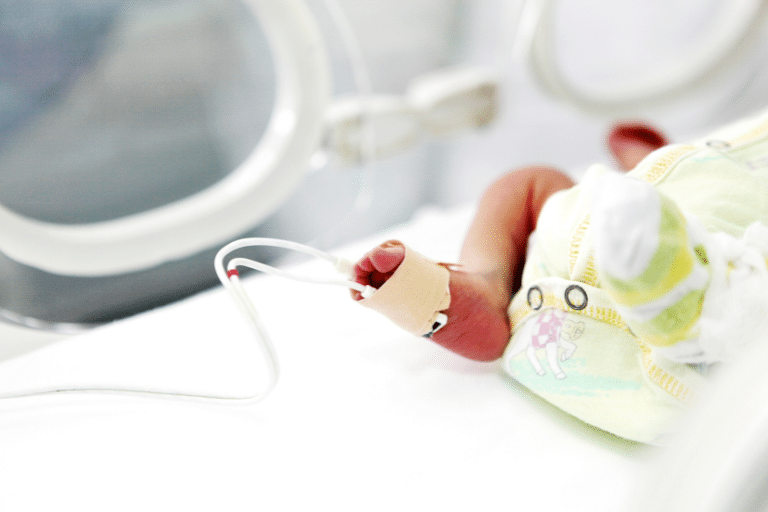Hospital-acquired infections, also known as healthcare-associated infections (HAIs), are a serious issue in medical facilities worldwide. These infections occur during a patient’s stay in the hospital and are not directly related to the reason for their admission or their underlying health condition. Hospital-acquired infections can be serious and, in some cases, even life-threatening. But can you sue for a hospital-acquired infection? The answer is yes, under certain circumstances.
How common are hospital-acquired infections?
Hospital-acquired infections are more common than you might think. According to the Center for Disease Control (CDC), about one in 31 patients gets an HAI. Certain groups, such as young children, the elderly and people with compromised immune systems, are at a higher risk of contracting such infections. Surgical patients are also vulnerable, with infections resulting in extended hospital stays, readmissions and even death.
Types of hospital-acquired infections
Hospital-acquired infections can take various forms:
- Staph infections: Caused by the bacteria Staphylococcus aureus, these infections can lead to skin issues like boils and impetigo.
- Urinary tract infections (UTIs): UTIs occur when bacteria, such as E. coli, infect the bladder or kidneys, causing painful symptoms.
- Surgical site infections: These infections occur at incision sites after surgery, often due to bacterial contamination.
- Bloodstream infections: Infections in the bloodstream can have severe consequences if not treated promptly.
- Gastrointestinal infections: These infections affect the stomach and intestines and can be prevalent in healthcare facilities like nursing homes and dialysis centers.
Hospital liability for HAIs
Hospitals can be held liable for hospital-acquired infections when staff negligence contributes to the occurrence of such infections. However, not all HAIs automatically qualify as medical malpractice cases.
Hospitals could be liable in the following situations:
- Lack of informed consent: This can occur if the patient was not informed about the risk of infection or withheld critical information regarding their risk factors due to a lack of awareness.
- Delay in treatment: Hospitals may be held liable if they delayed a patient’s diagnosis or treatment, leading to the infection’s unnecessary spread or worsening of the patient’s condition.
- Surgical neglect: Failure to adhere to proper sanitization protocols during surgery, using contaminated blood or unsanitary equipment, may be considered negligence.
- Failure to disinfect: Hospitals have a duty to regularly disinfect equipment to prevent the spread of infections. If negligence is evident in this area, liability may be established.
If you or a loved one has suffered from a severe hospital-acquired infection due to hospital staff’s negligence, you may have grounds to pursue a medical malpractice claim. Call the Law Offices of Tim Misny to learn more.
Talk to an Ohio medical malpractice attorney today
The Law Offices of Tim Misny can help you with your HAI claim. If you or a loved one were injured due to a medical provider’s negligence or recklessness, I’ll Make Them Pay!® Call my office at (800) 556-4769 so that I can evaluate your case right away.







